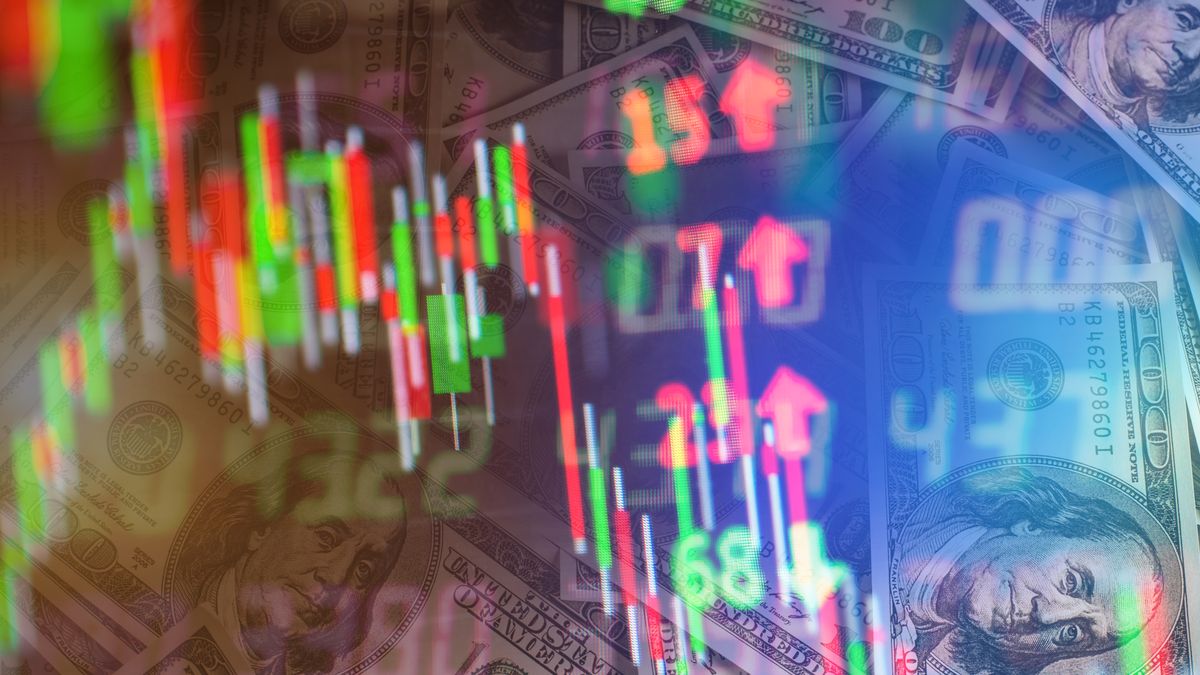Operators said that institutional investors were buying the hit bank and energy shares, in a week in which the government will announce April inflation, which, according to the analysts consulted, projected an average of 5.9%.
US inflation, the Federal Reserve’s monetary policy, the Russian war in Ukraine and the advance of COVID in China are the international items that weigh on Argentine financial activity.
The International Monetary Fund (IMF) will carry out this month the first review of the recent agreement reached with the country for some 44,000 million dollars by which the government promised to increase the reserves of the central bank (BCRA), reduce inflation and the deficit budget, raise interest rates and cut energy subsidies.
In the midst of strong political tensions between President Alberto Fernández and his vice president Cristina Fernández due to the economic situation, Economy Minister Martín Guzmán recently said that the goals had been achieved. “The crisis within the ruling coalition will continue to generate tug-of-war around the dilemmas facing economic policy and questions about the will to comply with the agreement with the Fund,” said Ecolatina.
On Thursday, the statistics body, INDEC, will release the inflation index for April, which according to analysts would be around 5.8%, from 6.7% in March.
Bonds and country risk
Yesterday, sovereign bonds denominated in dollars fell to 2.8%, with falls led by the Bonar 2029. Meanwhile, global bonds closed with most declines, up to 1.4%.
“Argentine global (bonds) started May on the wrong foot and extended last month’s reds. Global volatility and the rally in long rates abroad hurt the entire range of emerging debt and Argentina was unable to escape this trend”, affirmed Portfolio Personal Inversiones.
In New York, Argentine bonds traded offered throughout the day, falling as much as 70 cents. However, some purchase orders appeared on the closing, so that the average drop is “only” 50 cents, reported from the SBS Group.
In this framework, the Argentine country risk prepared by the JP. Morgan bank rises 3.6%, to 1,847 units, the maximum in two months.
For their part, dollar-linked sovereign bonds fell 0.5% on average, with greater punishment on TV23, which lost 0.7%. Finally, the CER debt closed with most losses, with the Leceres falling 0.75% and the short Bonceres returning 1.2%. Only the long tranche (DICP/PARP) was saved, which closed with a marginal increase of 0.3%.
Source: Ambito
David William is a talented author who has made a name for himself in the world of writing. He is a professional author who writes on a wide range of topics, from general interest to opinion news. David is currently working as a writer at 24 hours worlds where he brings his unique perspective and in-depth research to his articles, making them both informative and engaging.




